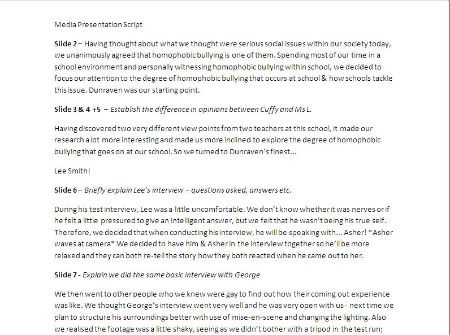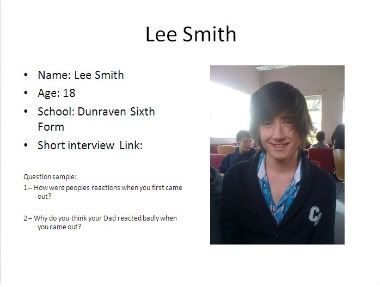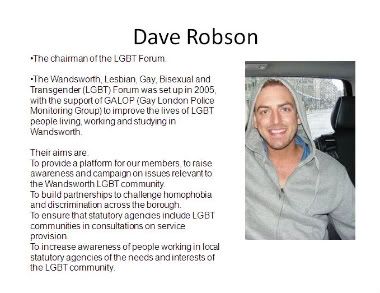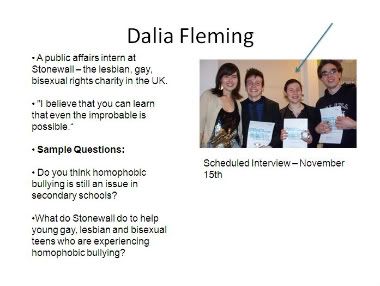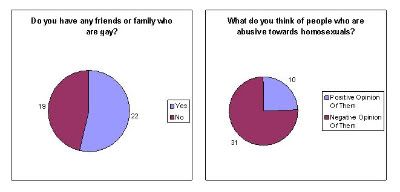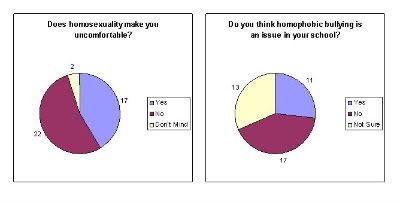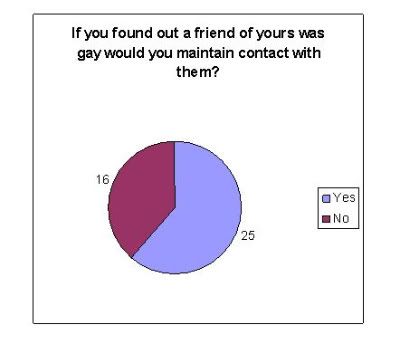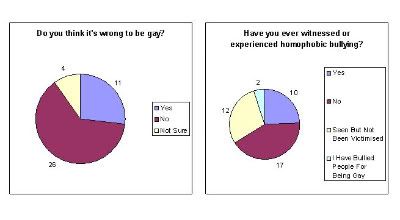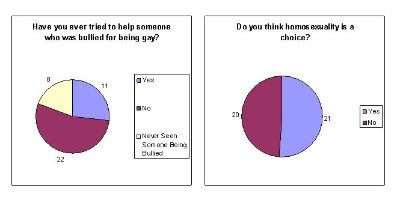Please click to enlarge (sorry for bad lighting!)
I thought a less is more approach would be best for the poster of our documentary, as it's genre doesn't require a bright, busy layout, which would give out the wrong message and impression to potential audiences.

For inspiration, I went to www.impawards.com - a site dedicated to almost every film poster. I searched through many different posters from different film genres, including Supersize Me, Requiem for a Dream & When You're Strange, but ultimately went with a poster that I thought gave an indication into what the film was about without giving too much away & keeping a less is more type of style. That poster was for Little Miss Sunshine.
This inspired the layout of my poster, especially the idea of having a strip of images of people featured in the documentary, accompanied by a photograph underneath to give some insight into what the film is about.
This inspired the layout of my poster, especially the idea of having a strip of images of people featured in the documentary, accompanied by a photograph underneath to give some insight into what the film is about.

For the photographic image, I drew inspiration from the
poster for Hard Candy, which has an image of a girl placed in the centre of the poster, looking quite small in the frame as well not facing the camera, perceiving her to be introverted. It also has connotations of loneliness and sadness, which is an apparent theme in our documentary.
I thought we could replicate this in our photograph for the poster, having a teenage boy or girl standing in front of a school building, but having them appear to be very small within the shot, with the school dominating it, giving intimidating and unwelcoming connotations. This represents the struggle some gay teenagers face with going to school as it isn't a welcoming, happy place; but a place of sadness and suffering. As our documentary explores homophobic bullying in schools, I thought this image would give an insight into what the whole documentary is about and intrigue people to see it.
I thought we could replicate this in our photograph for the poster, having a teenage boy or girl standing in front of a school building, but having them appear to be very small within the shot, with the school dominating it, giving intimidating and unwelcoming connotations. This represents the struggle some gay teenagers face with going to school as it isn't a welcoming, happy place; but a place of sadness and suffering. As our documentary explores homophobic bullying in schools, I thought this image would give an insight into what the whole documentary is about and intrigue people to see it.
As our audience is predominantly teenagers and adults (those who work in schools more so), the image of the building and the teenager is something they can easily relate to and potentially encourage them to watch the film as they can identify with the environment and experiences with the young person on the poster.
When creating this poster, the group hadn't decided on a working title for the film or a tagline. We've now decided on "The Other Side of the Rainbow" as our title, with the tagline "This certainly isn't a pot of gold". I don't think this poster reflects the title of our documentary, and therefore will not be used. The group decided to come together and make a mock-up together.
When creating this poster, the group hadn't decided on a working title for the film or a tagline. We've now decided on "The Other Side of the Rainbow" as our title, with the tagline "This certainly isn't a pot of gold". I don't think this poster reflects the title of our documentary, and therefore will not be used. The group decided to come together and make a mock-up together.

